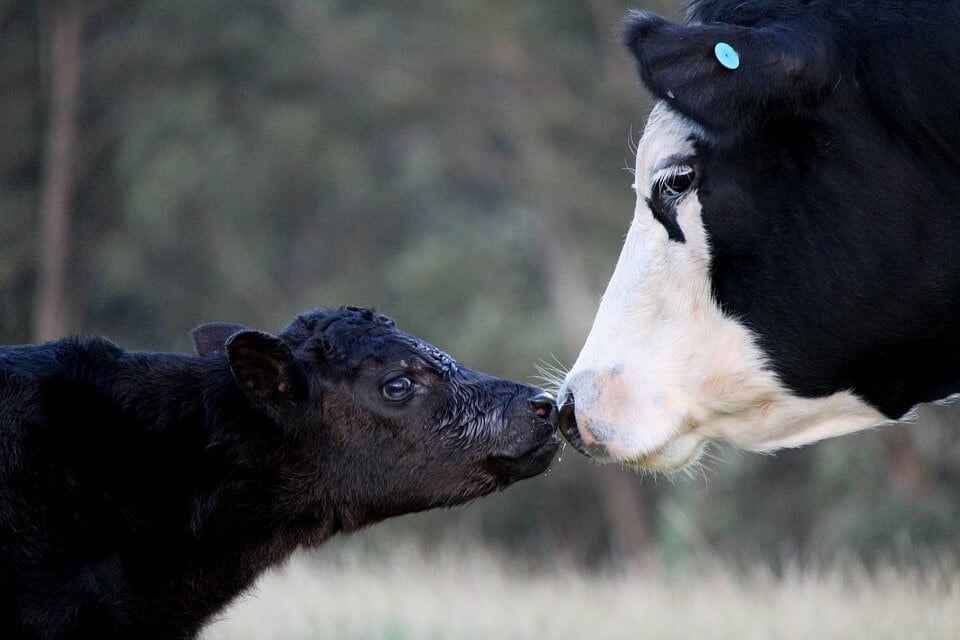We Asked ChatGPT to Tell Us Why Humans Shouldn’t Eat Cheese—Here’s What It Said
We asked the artificial intelligence tool ChatGPT to write an article about five reasons humans should stop eating cheese, and here’s what it said:
When it comes to animal rights, cheese production is a topic of concern. Here are the top 5 reasons not to eat cheese.
1. Inhumane Treatment of Dairy Cows*
Dairy cows are often subjected to cruel living conditions in factory farms, confined to small spaces with limited access to fresh air, sunshine, and exercise. They are repeatedly impregnated to ensure a steady supply of milk, which takes a toll on their bodies. These cows suffer from physical and emotional stress, leading to shorter lifespans and various health issues.
2. Cruel Dehorning Practices
To prevent injury to farm workers and other animals, cows used by the dairy industry are often dehorned. This painful procedure involves the removal of the sensitive horn tissue or even the entire horn, often without anesthesia. It causes severe pain and distress, raising significant animal rights concerns.
3. Separation of Calves From Their Mothers
Calves are taken away from their mothers shortly after birth to prevent them from drinking their mother’s milk, which is designated for human consumption. This separation causes distress to both the calf and the mother. Calves are often raised in isolated, cramped conditions.
4. Veal Production
Male calves born in the dairy industry are considered a byproduct and are often used for veal production. They are typically confined to tiny pens and fed an iron-deficient diet, leading to anemia and weakness. This cruel practice is a direct result of the demand for dairy products like cheese.
5. Environmental Impact
Dairy farming contributes significantly to greenhouse gas emissions, deforestation, and water pollution. By opting for plant-based alternatives to cheese, you can significantly reduce your environmental footprint and promote the well-being of animals and the planet.
Understanding the animal rights concerns associated with cheese production can motivate a shift towards more ethical and sustainable food choices. By choosing vegan cheese, you can make a difference in the lives of animals and contribute to a more compassionate world.

****
It’s speciesist to exploit our fellow animals for a quick bite of their flesh or something made from their mammary secretions. With dozens of stellar vegan cheese options on the market now, it’s easier than ever to live compassionately by going vegan.
We’ll help you get started:
*PETA avoids the term “dairy cow,” because it defines a sentient being in terms of the way humans exploit them, which is speciesist.

